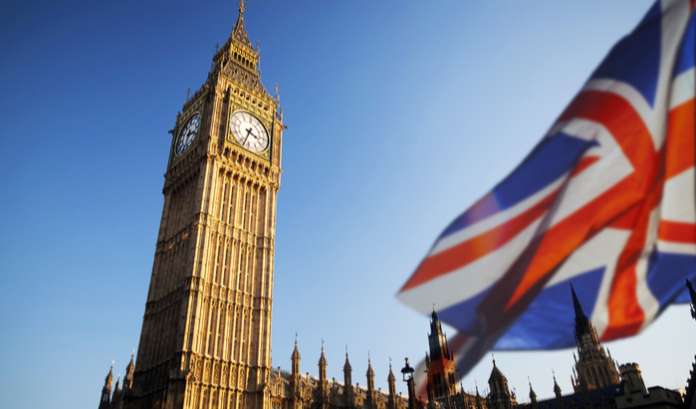The National Institute of Economic and Social Research (NIESR) has called for more accurate estimates and detailed research to better comprehend the societal effects of problem gambling.
The recommendation is included in the NIESR report, titled “The Fiscal Costs & Benefits of Problem Gambling,” which examines the financial burden of harms associated with problem gambling on the UK Exchequer. The report is based on data sets from the Office for National Statistics (ONS), the UK Wealth and Assets Survey (WAS), and the Adult Psychiatric Morbidity Survey (APMS).
In contrast to the Public Health England (PHE) 2021 study, which combined the at-risk and problem gambling populations and compared the results to the general population, the NIESR study separated groups into problem gambling severity classifications to compare the associations between them.
The report estimates that approximately 380,000 people or 0.7% of the population aged 16 and above living in private accommodation in the UK suffer from problem gambling.
The report provides a breakdown of costs and comparisons via tax receipts, revealing that the average fiscal cost per person experiencing problem gambling is approximately £3,700 per year, higher than those at risk.
The cited costs of problem gambling include £57 for GP visits, £1,200 for hospital visits, £85 for police callouts, £24 for court appearances, £43 for homelessness support, and £2,300 for benefits payments. Problem gamblers are more likely to require public services than at-risk gamblers, including being twice as likely to require GP services, nine times more likely to need hospital treatment, and four times more likely to require homelessness support.
Considering welfare factors, the estimated total fiscal cost of problem gambling ranges between £1.1bn to £1.7bn per year, with the NIESR study settling on a figure of £1.4bn per year in social costs. The study’s estimate is based on a “95% confidence interval of 300,000 to 470,000 people experiencing problem gambling, or 0.57-0.87% of the population aged 16 and above living in private accommodation,” using data from Health Survey England (HSE).
However, the NIESR team noted that their calculations remain limited as they were unable to account for the costs of “affected others” and the links between gambling, debt, family breakdown, or suicide linked to problem gambling, due to limited data.
The NIESR recommends that policymakers consider the fiscal costs of problem gambling in the Government’s proposed regulatory changes as part of the Review of the 2005 Gambling Act in the White Paper. The report also recommends future research on societal costs, including clear screening diagnostics on Wealth and Assets Survey rounds and updating fiscal estimates with the 2022 Adult Psychiatric Morbidity Survey data.
Of significance, The Gambling Commission (UKGC) should expand large-scale data collection to explore the association between problem gambling and “affected others” and between problem gambling and suicide.
In conclusion, the NIESR study emphasizes the need for more accurate estimates of the fiscal costs and benefits of problem gambling to better understand its impact on society and the economy. Improved estimates will help policymakers and stakeholders weigh the consequences, while more comprehensive research should provide valuable insights to guide future policy making.



























